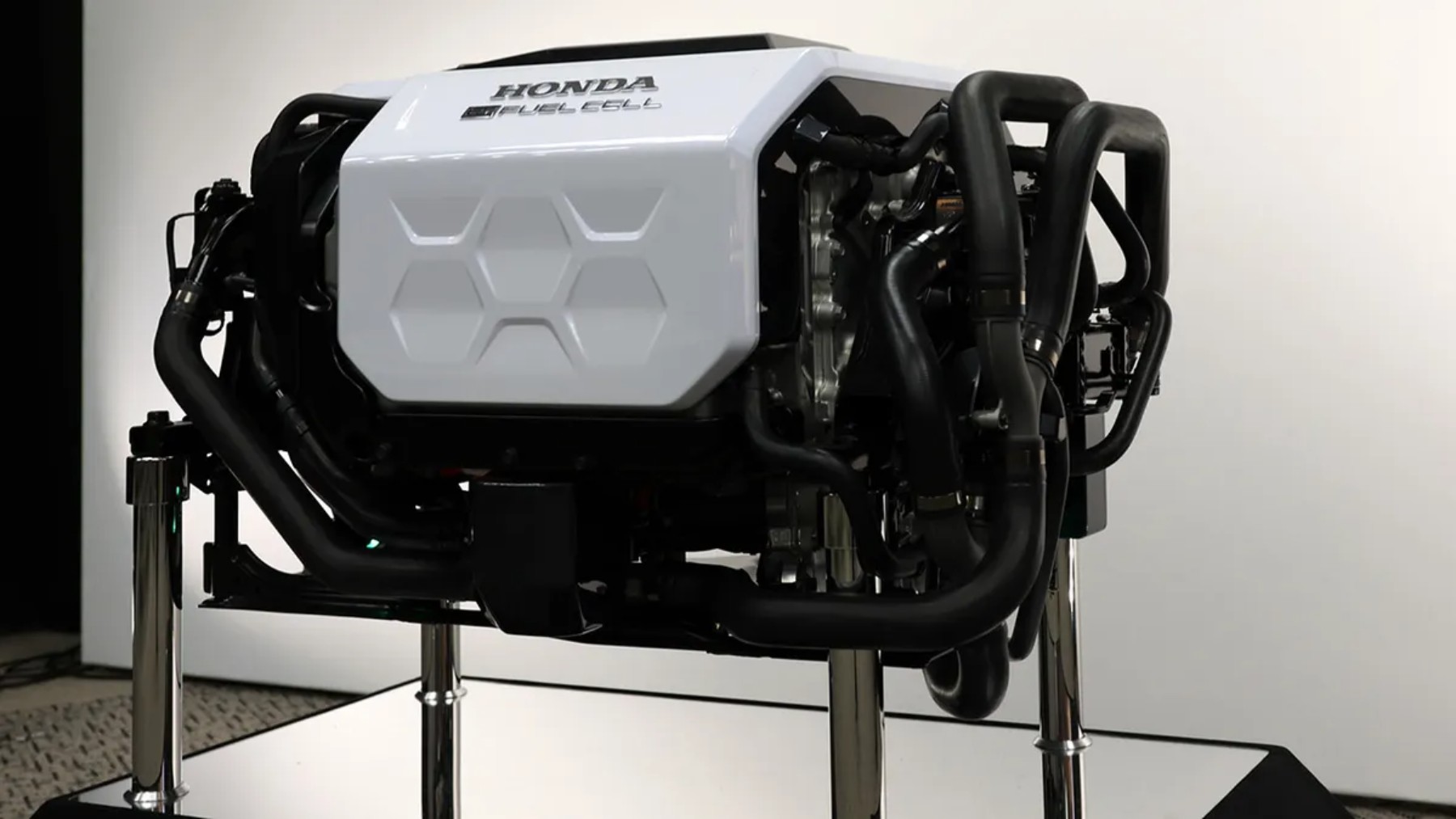Honda's Hydrogen Drive: Revolutionizing the Future of Automotive Innovation
Key Ideas
- Honda, a historic Japanese automaker, is making a bold move by embracing hydrogen as its core drive technology, aiming to sell only zero-emission vehicles by 2040.
- The new Honda CR-V crossover will be powered by hydrogen and feature a 17.7 kWh battery for an extended all-electric range of 29 miles, providing more efficient driving and flexibility to drivers.
- Honda's commitment extends to becoming a zero-emission company across all its facilities and products by 2050, showcasing a long-term dedication to sustainability and environmental conservation.
- Despite challenges such as the lack of infrastructure, Honda believes in the growth of hydrogen demand and is venturing into multiple applications for its second-generation fuel cell technology, including consumer vehicles, stationary power stations, and construction machinery.
Honda, an iconic Japanese automaker with a rich history in technical research and automotive success, has announced its strategic shift towards hydrogen as the primary driver of its future vehicles. The company aims to exclusively sell zero-emission vehicles by 2040, which will encompass both battery-electric and fuel-cell vehicles. In a bold move, Honda plans to transition to being a zero-emission company by 2050, aligning its facilities and products with sustainable practices. The spotlight of Honda's hydrogen venture falls on its latest innovation, the hydrogen fuel cell electric vehicle (FCEV), set to debut in California. Despite the current lack of hydrogen infrastructure in the region, Honda is optimistic about the future growth of hydrogen demand and the subsequent development of supporting facilities. The upcoming Honda CR-V, featuring a hydrogen powertrain and a supplementary 17.7 kWh battery, promises an all-electric range of 29 miles, catering to diverse driving needs. With plans to offer a hybrid mode and various driving options, Honda's hydrogen-powered CR-V showcases the company's commitment to innovation and efficiency. Beyond consumer vehicles, Honda is exploring hydrogen applications in commercial vehicles, stationary power stations, and even construction machinery, envisioning a versatile future for its fuel cell technology. While challenges persist in the hydrogen fuel cell landscape, including supply chain uncertainties, Honda remains steadfast in its pursuit of sustainable automotive solutions, signaling a long-term dedication to environmental stewardship.
Topics
Fuel Cells
Renewable Energy
Innovation
Sustainability
Electric Vehicles
Automotive
Zero-emission
Future Technology
Hybrid Vehicles
Latest News
